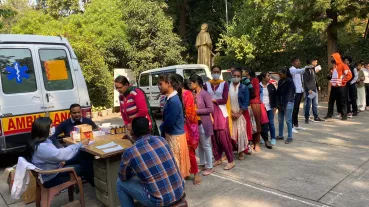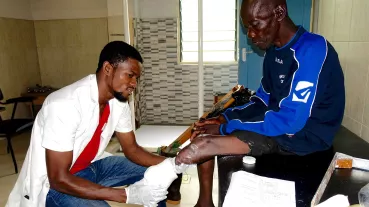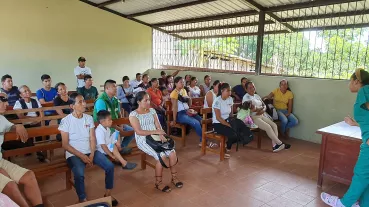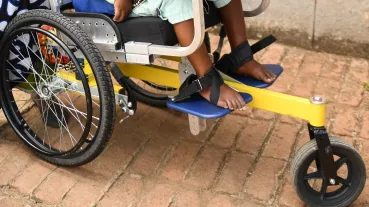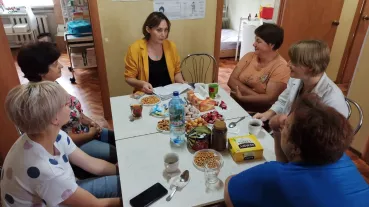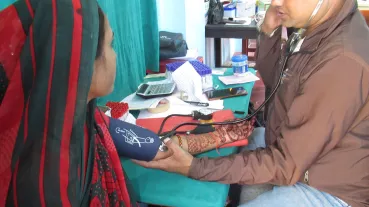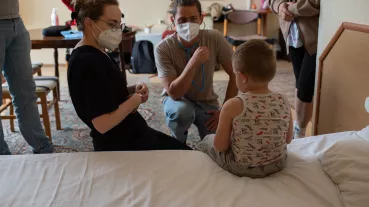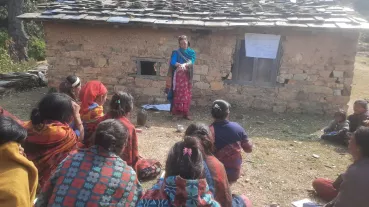Supporting Kenya’s National Surgery, Obstetrics, Trauma and Anaesthesia Plan
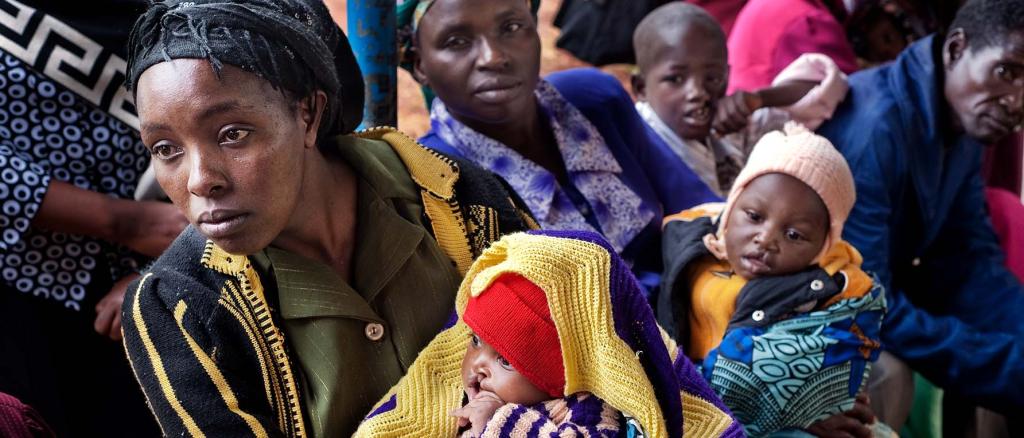
Situation:
At least 7,000 patients with cleft conditions in Kenya still require primary cleft surgery and many more have not received the requisite secondary surgery or comprehensive care support such as nutrition, speech and dental because of the social and economic barriers encountered in accessing and receiving care.
Objectives:
The overall objective of the project is to increase Kenya’s Health System’s capacity to provide safe and free surgery for patients affected by cleft conditions. The project will support monthly surgical delivery programmes over a period of three years in OS Kenya's partner hospitals: Kenyatta National Hospital in Nairobi, Thika Level 5 Referral Hospital in Kiambu and Coast General Teaching & Referral Hospital in Mombasa.
- Number of surgeries delivered;
- Number of patients registered for surgery and comprehensive care;
- Develop partnerships with Community Health Workers and other local development actors to increase patient awareness campaigns;
- Conduct surgical programmes to provide comprehensive cleft care services (surgeries, nutrition, speech and dental);
- Work with Ministry of Health to build national cleft registry & disseminate to country health leadership;
- Work with partner hospitals to identify, design and implement insurance schemes to reduce catastrophic expenditure for patients;
- Train local medical volunteer staff in use and analysis of medical records, registries and other data at centres and partner hospitals;
- Implement continuous professional development for healthcare professionals through volunteer deployment, physician exchanges and hospital training programmes;
- Provide skills trainings in various cleft care specialties;
- Ensure strong monitoring and evaluation system is in place;
- Ensure partnerships with hospitals is strengthened;
By training local medical staff in various specialties such as Anaesthesia and Cleft Surgery, the partner hospitals will be able to mentor further surgeons and increase the capacity of providing cleft services at their hospitals.
In addition, cleft surgical instruments and equipment will be serviced on an annual basis and OS Kenya will train biomedical engineers to ensure sustainability of any equipment and to ensure a safe surgical environment for all surgical specialties.
A key area of focus for the programme will also address the medical and non-medical costs of patients seeking and receiving care at our partner hospitals.
OS Kenya advocates for the implementation of the National Surgical, Obstetric, Trauma and Anaesthesia Plan which will ensure that cleft condition is registered at birth and therefore primary care is recognised by the National Health System.
The goal being to have increased health care worker capacity in Kenya, local healthcare professionals will be able to take care of new cleft caseloads and ensure sustainability of care in the long term.
Working with the local health authorities and Kenya Ministry of Health to ensure that Best Practices and Lessons Learnt from the programme are integrated into the National Health Strategy will ensure treatment for cleft conditions will be embedded as provision of primary care.
